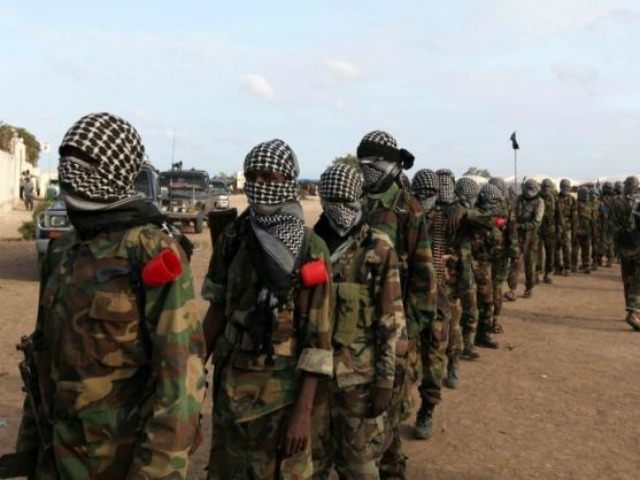Although there has been rivalry among the various jihadist groups training and recruiting in North Africa, new pacts and agreements among the different strains of radical Islam have resulted in deeper collaboration, a harbinger of more trouble for those fighting the terrorists.
According to reports, the growing alliance among jihadist groups has resulted in increased sharing of communications technology and a “sophisticated system of roving trainers to share military tactics, media strategies and ways of transferring money.”
Last March, the Nigerian-based Islamist group Boko Haram swore allegiance to the Islamic State (ISIS/ISIL), adopting a new name, “Islamic State’s West Africa Province,” or ISWAP. The title change is more than semantic and galvanizes the radical Islamist forces in Africa and the Middle East.
In October, Boko Haram reached out to the Somali jihadist organization al-Shabaab, urging it to follow suit and switch its loyalty from al-Qaeda to the Islamic State, which part of the group eventually did.
Earlier in the year, ISIS had reached out to al-Shabaab, inviting the “emir” of the group to launch attacks “inside Kenya, Tanzania, and Ethiopia.”
Al-Qaeda has worked in Libya since the 1990s, but has not resisted the growth of the Islamic State in the region.
Last March, the head of the United States Africa Command, Gen. David M. Rodriguez, cautioned that jihadists are increasingly working together and pooling resources in a common quest of destabilization.
“Terrorists with allegiances to multiple groups are expanding their collaboration in recruitment, financing, training and operations, both within Africa and transregionally,” he said.
Two competing North African jihadist groups, al-Qaeda and al-Mourabitoun, overcame their differences in time to work together in the assault on the Radisson Blu Hotel in Bamako, Mali, last November. The attack left at least 19 people dead.
In mid-December, Saudi Arabia announced the creation of a coalition of 34 countries to wage war against terrorism, with Morocco emerging as regional leader.
Nonetheless, Saudi Arabia’s execution of a prominent Shiite cleric and 46 other men on Saturday, in the name of a crackdown on Islamist terrorism, has been criticized as opportunistic.
Philip Luther, Amnesty International’s Middle East and North Africa director, said the Saudis were using “the guise of counter-terrorism” to quash political dissent, while Amnesty International said it appeared the kingdom was “using execution to settle political scores.”
Follow Thomas D. Williams on Twitter @tdwilliamsrome.

COMMENTS
Please let us know if you're having issues with commenting.